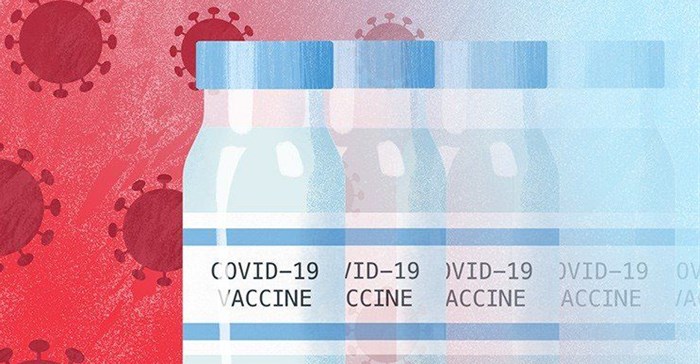Will vaccines eradicate SARS-CoV-2?

Now, with at least three effective vaccines being rolled-out overseas and local vaccination programmes an ever-closer prospect, scientists are turning their attention to the long-term prospects of Covid-19.
In a 5 January commentary published in Nature Review's Immunology, Marc Veldhoen of the University of Lisbon and J. Pedro Simas of the Catholic University of Portugal draw on recent data that shows that antibodies in people who have been infected by SARS-CoV-2, as well as those who have been vaccinated against SARS-CoV-2, persist for over six months. After that people become increasingly vulnerable to reinfection.
Veldhoen and Simas argue that the behaviour of the virus and the body’s immune response is closely aligned to other coronaviruses. There are already four coronaviruses circulating through the human population that cause common colds, mild upper respiratory tract infections that are seldom fatal.
At any time, 60–70% of the population have antibodies that fight these viruses - what Veldhoen and Simas call a spectrum of immunity. Over time, smaller groups of people are intermittently reinfected (this is what characterises virus as endemic). The high rates of immunity mean that the group as a whole is protected, and the risk of severe infection in vulnerable people is much lower.
With there being a time limit on the protection afforded by infection or vaccination, Veldhoen and Simas argue that global vaccination programmes will not succeed in totally eradicating Covid-19.
But there is good news. They predict that vaccination programmes will not need to continue in perpetuity, as long as a high percentage of people who possess antibodies to the virus is maintained. This will limit the spread of future outbreaks. In short, Veldhoen and Simas predict that SARS-CoV-2 is likely to become a “fifth endemic common cold [corona]virus”.
Veldhoen and Simas argue that the emergence of Covid-19 variants will not have a significant effect on population immunity as “new variants will unlikely differ sufficiently to escape established immunity.”
Nature journals are the most reputable in the scientific community but Veldhoen and Simas’s commentary must be treated cautiously as predicting the future is hard.
Nevertheless, the bottom line is this: Vaccinations are important. We will probably not eradicate SARS-CoV-2 but the death rate from the disease will come right down to similar low levels associated with the common cold.
Source: GroundUp

GroundUp is a community news organisation that focuses on social justice stories in vulnerable communities. We want our stories to make a difference.
Go to: http://www.groundup.org.za/






















